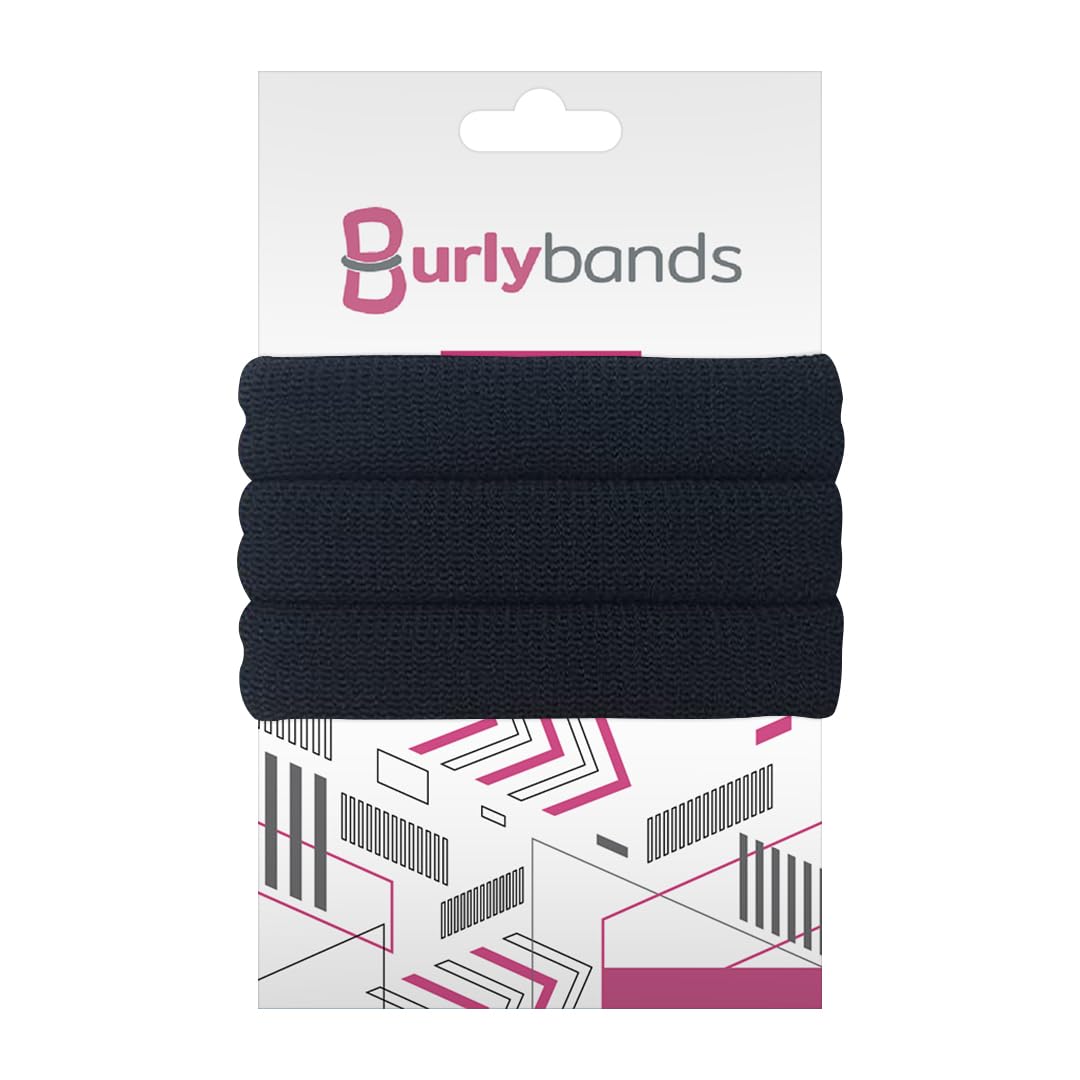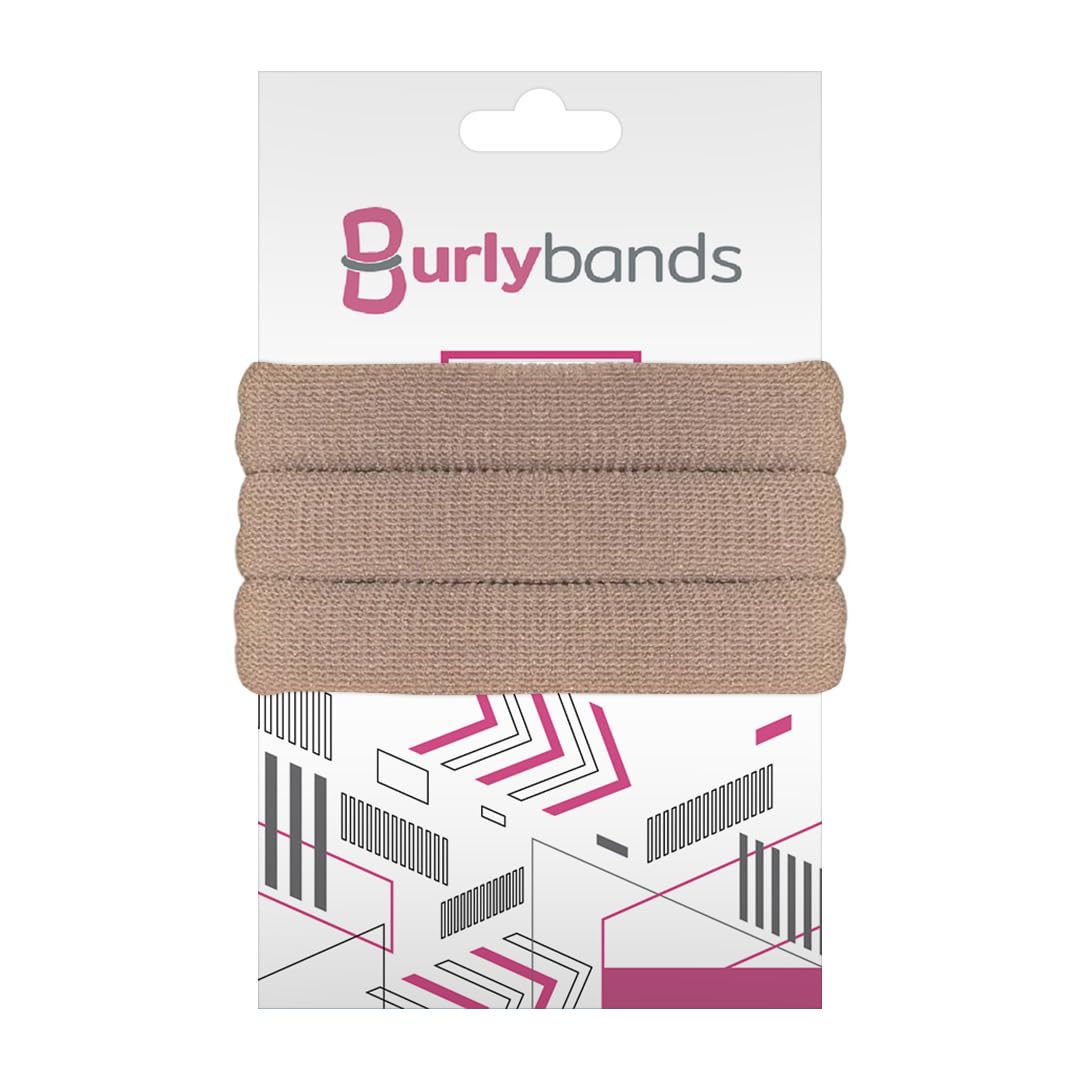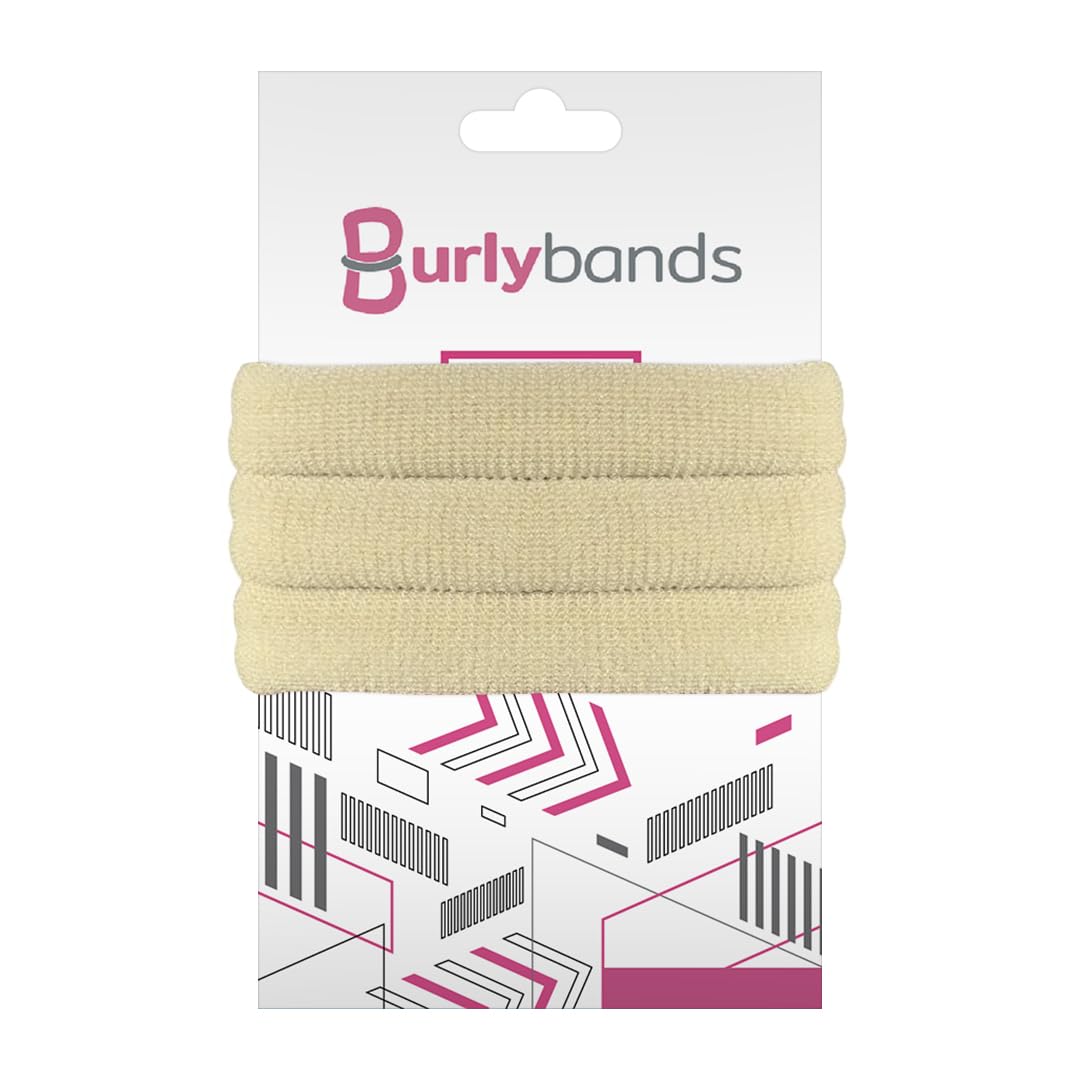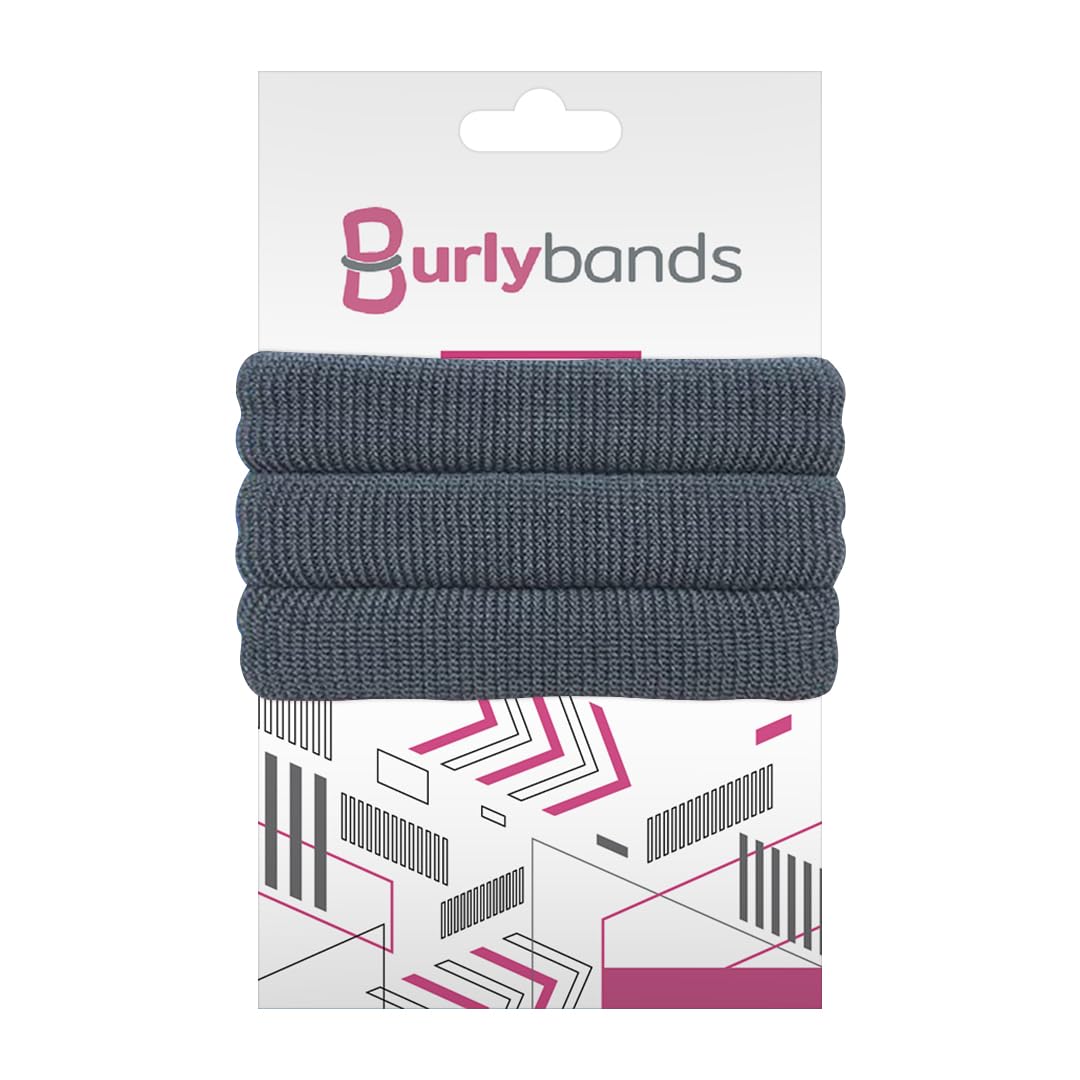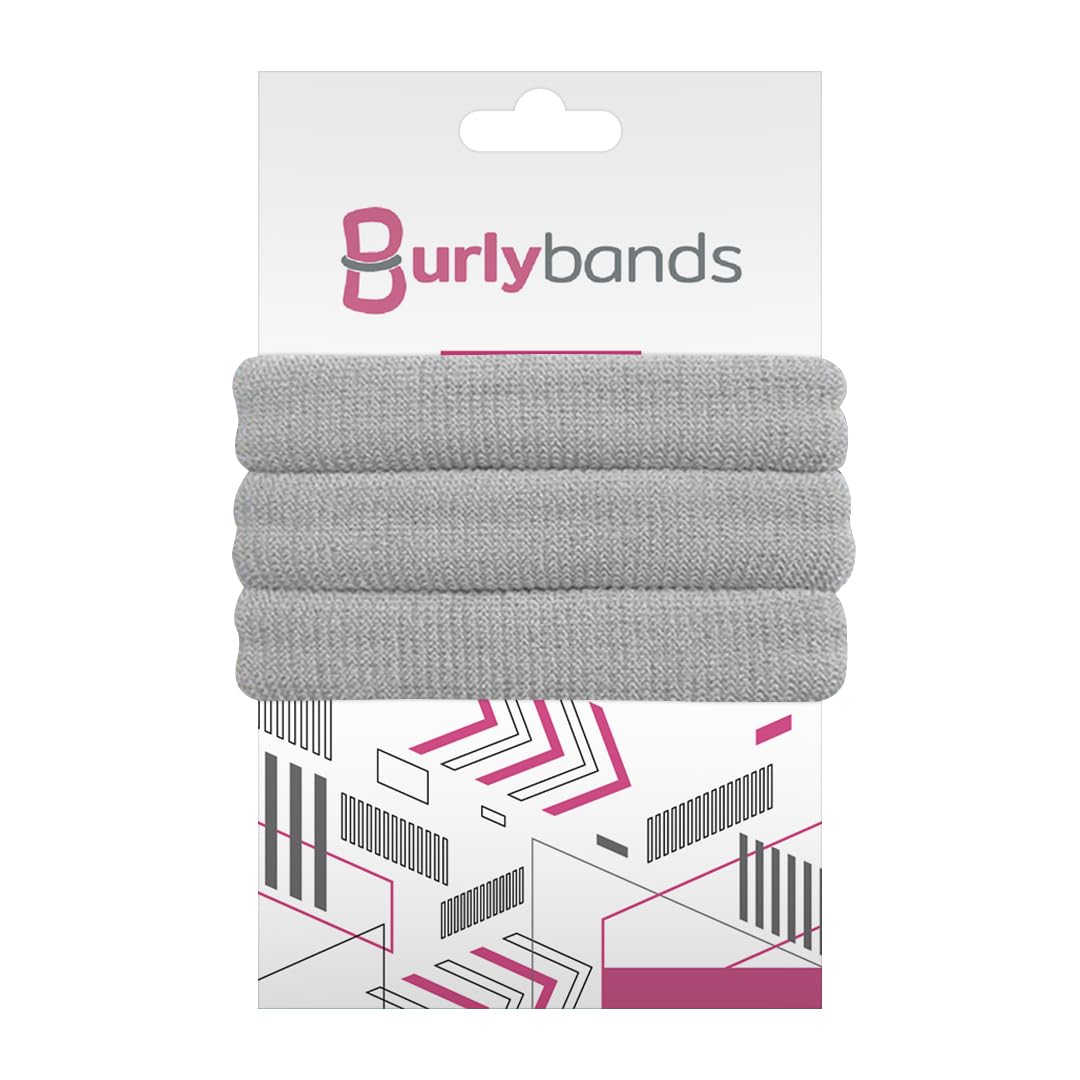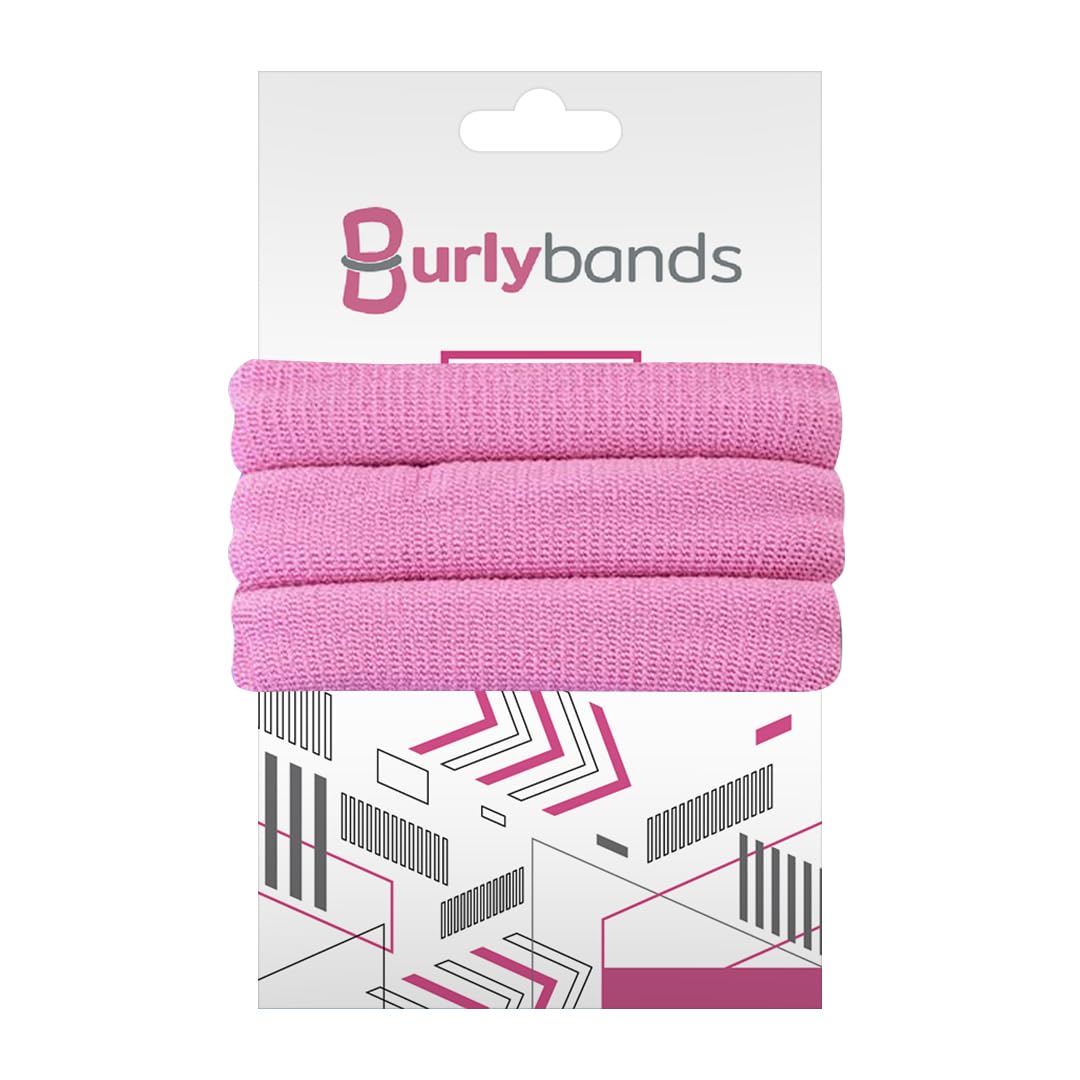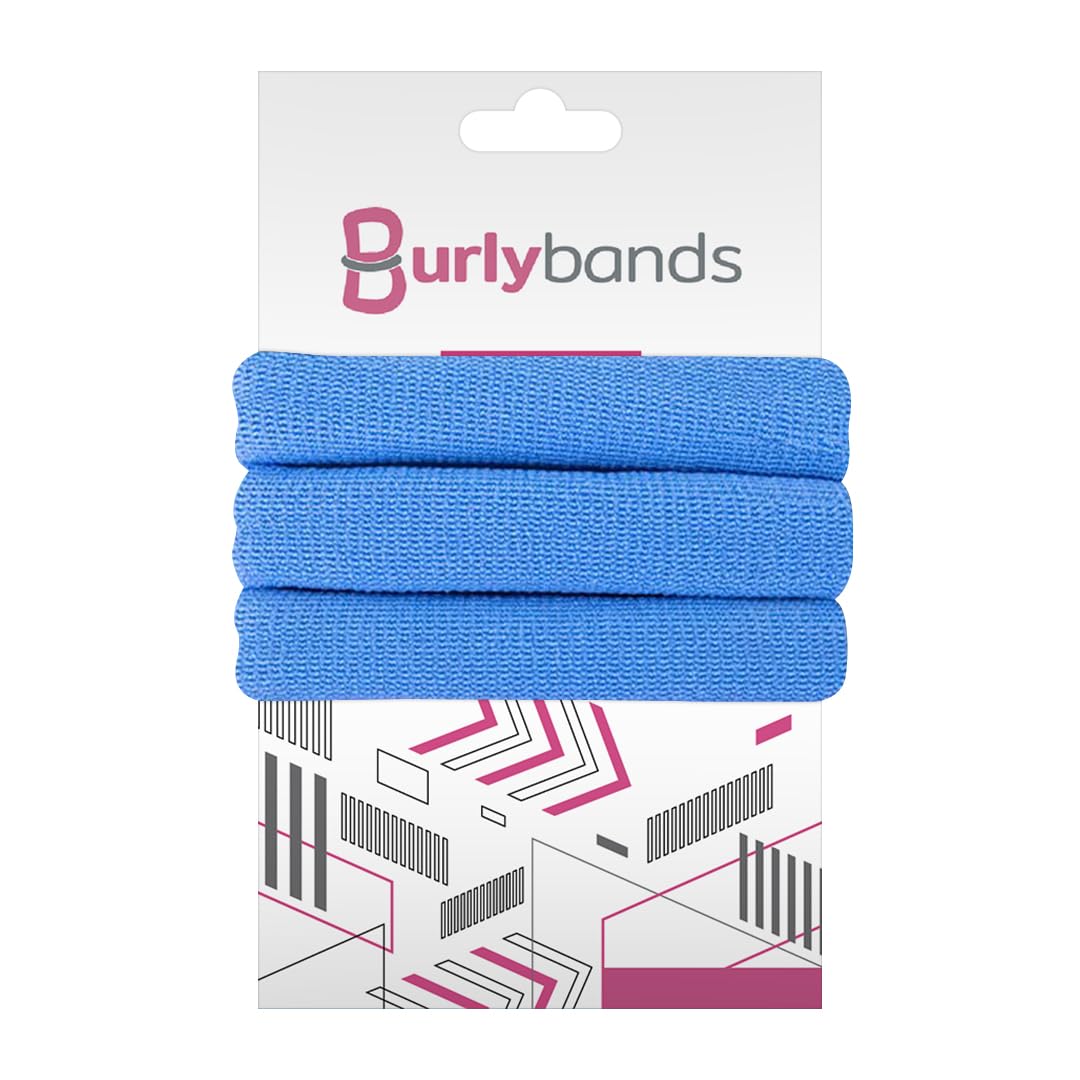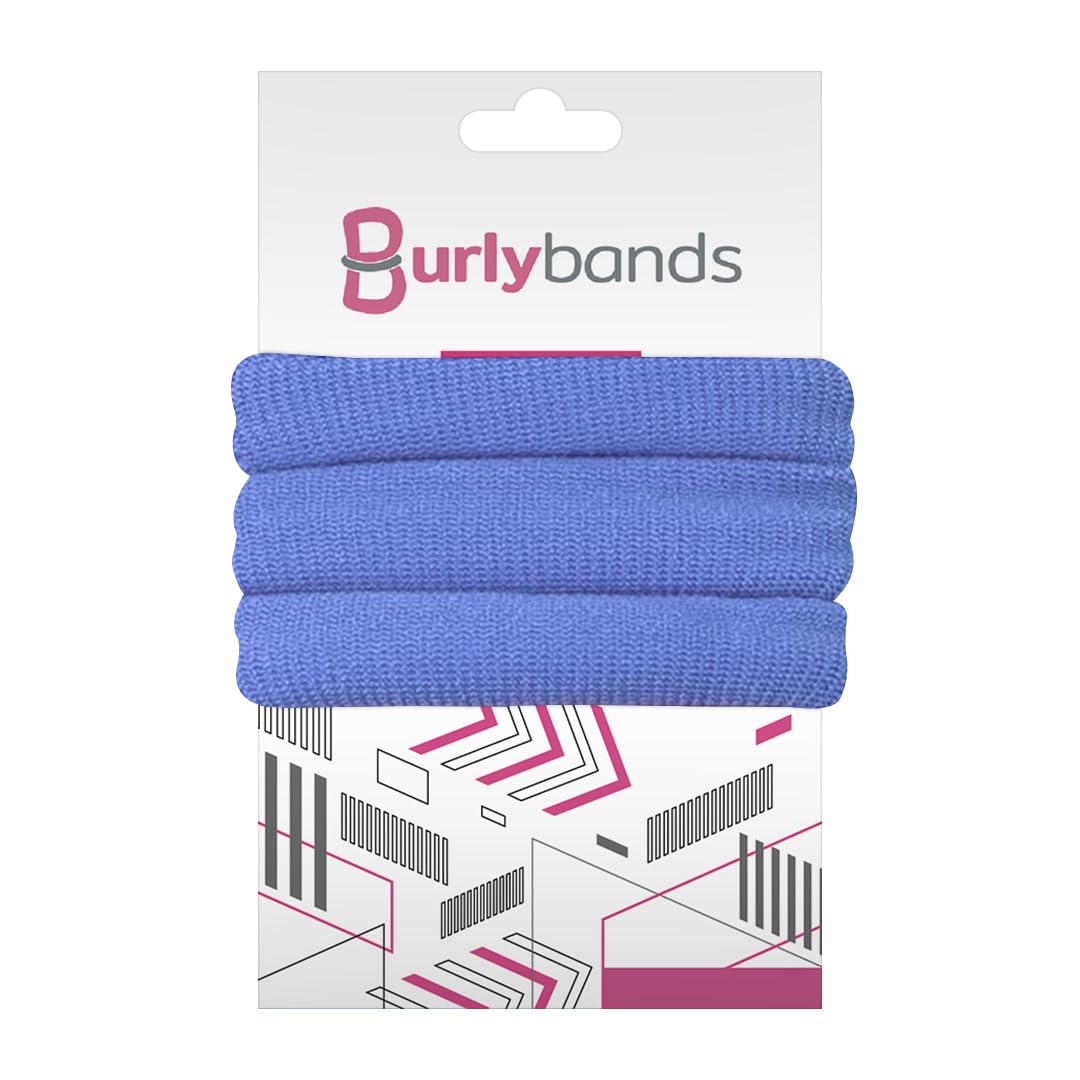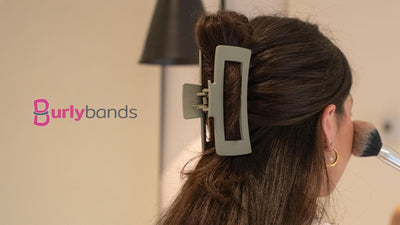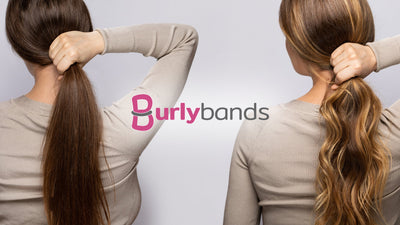Hair loss can be frustrating. Sometimes it’s caused by stress, hormones, or medical conditions. But in many cases, it's linked to something you can fix like vitamin deficiency.
If your body doesn’t get the nutrients it needs, your hair is often one of the first places to show it. Here’s what you need to know.
Credit: Envato Elements/ solovei23
How Vitamins Affect Hair Health
Hair is made of a protein called keratin. To grow and stay strong, it needs a healthy supply of nutrients delivered through your bloodstream. If you’re low in certain vitamins, your body may prioritize vital organs first, leaving your hair with less support.
Vitamin deficiencies don’t usually cause sudden bald patches. But they can lead to slow, steady thinning, brittle strands, or more hair shedding than usual.
Vitamin D Deficiency
Hair grows from follicles in your scalp, and these follicles go through different stages: growth, rest, and shedding. When your body doesn’t have enough vitamin D, many of those follicles can stay in the resting phase for too long. That means fewer new hairs grow, and more hair may fall out over time. A lack of vitamin D can also affect the creation of new follicles. This leads to gradual thinning, especially on the top or crown of the head.
Signs You’re Low:
-
Fatigue or tiredness
-
Weak immunity
-
Bone or muscle aches
-
Depression or mood changes
-
Thinning hair, especially on the crown
How to Fix It:
-
Get 10–30 minutes of sunlight several times a week.
-
Eat fatty fish, egg yolks, fortified milk, or cereal.
-
Consider a supplement if your blood test shows low levels.
Iron Deficiency
Your hair follicles need a steady supply of oxygen to stay active and produce healthy strands. When your iron levels drop, your body starts prioritizing more essential functions like supplying oxygen to your organs and hair growth takes a back seat. As a result, your hair can start to thin, shed more than usual, or grow slower. This is especially common in women, particularly during menstruation, pregnancy, or after childbirth. Even mild iron deficiency can lead to noticeable hair loss.
Signs You’re Low:
-
Fatigue
-
Pale skin
-
Dizziness or headaches
-
Cold hands and feet
-
Brittle nails and hair loss
How to Fix It:
-
Eat iron-rich foods like red meat, spinach, lentils, and pumpkin seeds.
-
Pair iron with vitamin C (like oranges or bell peppers) to help absorption.
-
Use iron supplements if advised by a doctor.
Vitamin B12 Deficiency
Vitamin B12 supports the production of red blood cells, which carry oxygen to your hair follicles. When you don’t have enough B12, your body produces fewer red blood cells, which means less oxygen reaches your scalp. This can lead to hair thinning, slower growth, and increased shedding. People with very low B12 levels may also notice their hair feels dry or brittle.
B12 deficiency is more common in people who follow a vegan or vegetarian diet since this vitamin is mainly found in animal products. Older adults and those with digestive issues like low stomach acid or certain gut conditions may also have trouble absorbing B12 properly.
Signs You’re Low:
-
Fatigue
-
Numbness or tingling in hands and feet
-
Pale or yellowish skin
-
Brain fog or memory issues
-
Hair thinning
How to Fix It:
-
Eat meat, fish, eggs, or dairy.
-
Vegans and vegetarians may need B12-fortified foods or supplements.
-
Get blood work done if you suspect a deficiency.
Biotin (Vitamin B7) Deficiency
Biotin helps break down proteins like keratin. Your hair needs keratin to stay strong and grow properly. When your body doesn’t get enough biotin, the structure of your hair can weaken, making it more prone to breakage, thinning, and shedding. In severe cases, biotin deficiency can also cause patchy hair loss. Other signs may include brittle nails and dry, scaly skin. While true biotin deficiency is rare, it can happen if you have certain digestive disorders, drink a lot of alcohol, take long-term antibiotics, or eat large amounts of raw egg whites.
Signs You’re Low:
-
Thinning hair or patchy hair loss
-
Brittle nails
-
Skin rashes (especially around the nose or mouth)
-
Fatigue
-
Depression or mood changes
How to Fix It:
-
Eat foods like eggs, salmon, nuts, seeds, and sweet potatoes.
-
Most people get enough biotin from food, but supplements are available if needed.
Zinc Deficiency
Zinc is important for many body functions, including tissue repair, immune support, and keeping your oil glands working properly. When you don’t get enough zinc, your hair follicles can become weak and inflamed which can lead to thinning, increased shedding, and slower regrowth.
Zinc also helps your scalp stay balanced by controlling oil production. Without it, your scalp can become dry or irritated. Zinc deficiency is more common in people with digestive issues, certain diets, or chronic stress. Even a mild drop in zinc levels can trigger hair loss, and in severe cases, it may lead to patchy bald spots.
Signs You’re Low:
-
Slow wound healing
-
Loss of appetite
-
Hair thinning or loss
-
White spots on fingernails
-
Weakened immune system
How to Fix It:
-
Eat meat, shellfish, seeds, and legumes.
-
Be careful with supplements—too much zinc can interfere with copper levels.
Vitamin A Deficiency (and Overdose)
Vitamin A supports cell growth throughout your body. It also helps your scalp produce sebum, the natural oil that keeps hair moisturized and healthy. Without enough vitamin A, your scalp can become dry, and hair growth may slow down or weaken over time. However, too much vitamin A can be just as harmful. High doses, especially from supplements, can cause hair follicles to go into the shedding phase too early. This is why balance is so important.
Signs You’re Low:
-
Dry skin
-
Night blindness
-
Slow wound healing
-
Hair dryness and breakage
How to Fix It:
-
Eat carrots, sweet potatoes, spinach, and eggs.
-
Don’t take high-dose supplements unless prescribed.
Folate (Vitamin B9) Deficiency
Folate supports DNA and cell division. Without it, hair growth can slow down, and follicles may struggle to regenerate. This can lead to overall thinning or slower regrowth. Folate deficiency is more common in people who don’t eat enough leafy greens, beans, or whole grains. It can also happen in those with digestive issues or who drink alcohol regularly. Low folate levels are especially a concern during pregnancy, which is why many prenatal vitamins include it.
Signs You’re Low:
-
Weak hair growth
-
Fatigue
-
Mouth sores
-
Pale skin
-
Poor appetite
How to Fix It:
-
Eat leafy greens, beans, and whole grains.
-
Women who are pregnant or trying to conceive often need supplements.
When to See a Doctor
Not all hair loss is from vitamin deficiencies. If you notice:
-
Sudden or patchy hair loss
-
Itching, burning, or redness on your scalp
-
Hair loss along with other symptoms like weight changes or menstrual irregularities, it’s best to check with a healthcare provider.
A simple blood test can check for deficiencies. Your doctor can also rule out hormonal or autoimmune issues.
Tips to Support Healthy Hair
Even if you’re not deficient, these habits can help keep your hair strong:
-
Eat a balanced diet with plenty of whole foods.
-
Manage stress through exercise, sleep, or mindfulness.
-
Avoid harsh hair treatments like daily heat styling or tight hairstyles.
-
Keep hydrated.
-
Don’t over-supplement. Stick to recommended amounts.
Summary
Hair loss isn’t always about age or genetics. Sometimes, your hair is trying to tell you something about your health.
The most common vitamin deficiencies that can cause hair loss are vitamin D, iron, vitamin B12, biotin, zinc, vitamin A and folate
If you’re seeing more hair fall than usual, start by checking your diet and consider a blood test. Once you treat the root cause, your hair can recover over time.
And while you work on getting your hair healthy again, don’t forget to treat it gently. Burlybands hair ties are designed to hold your hair without pulling, breaking, or slipping. Shop with us today.
 Log in
Log in


